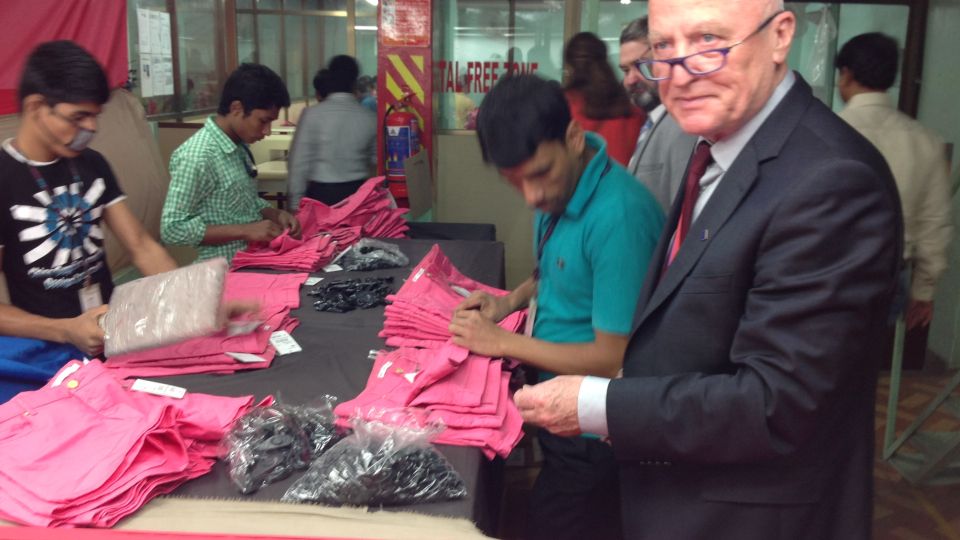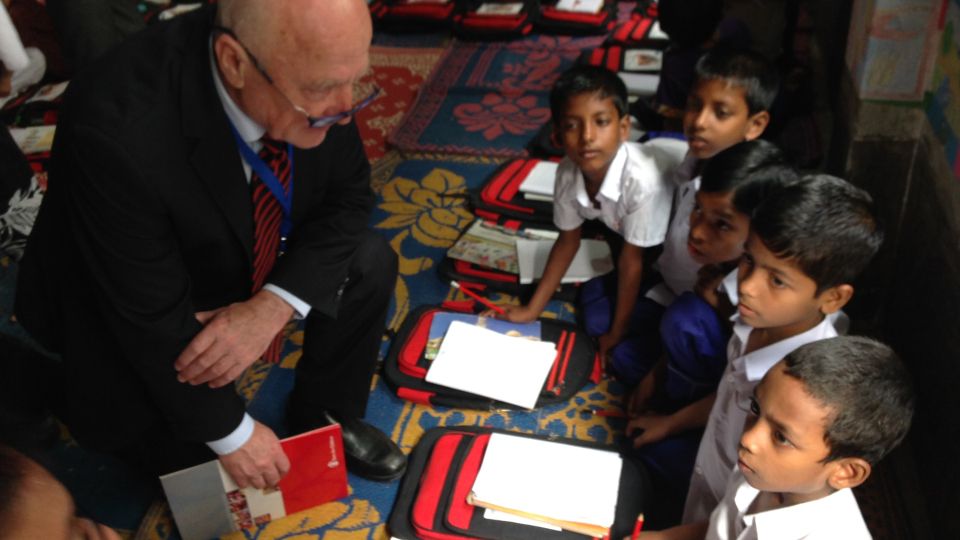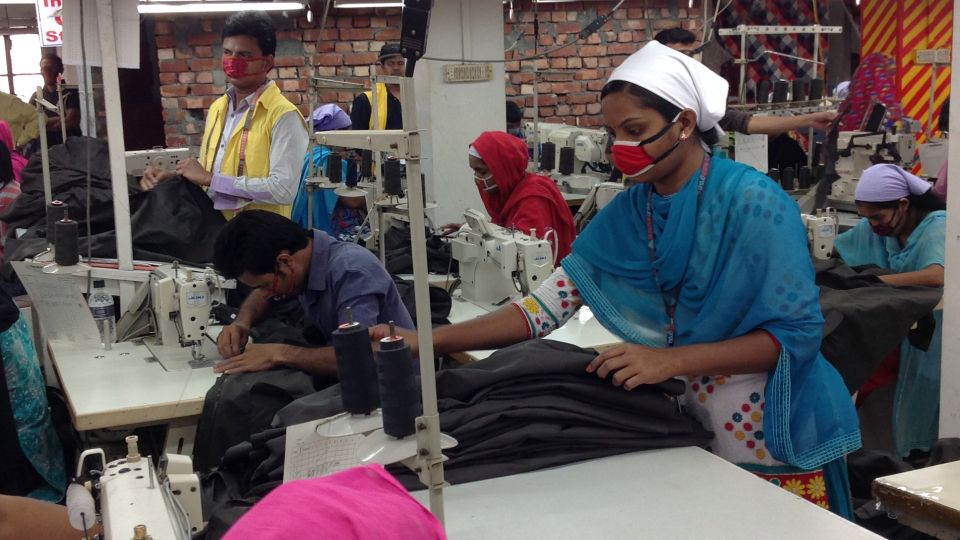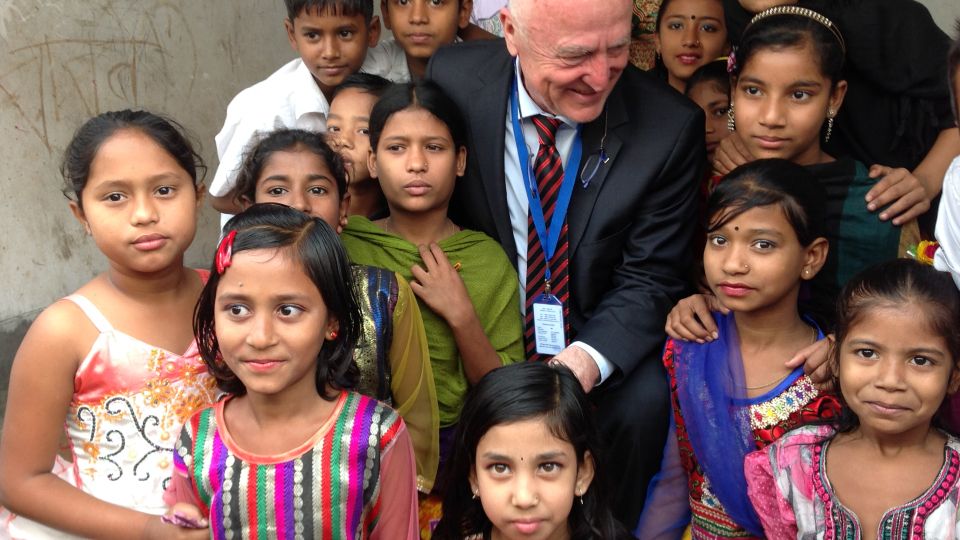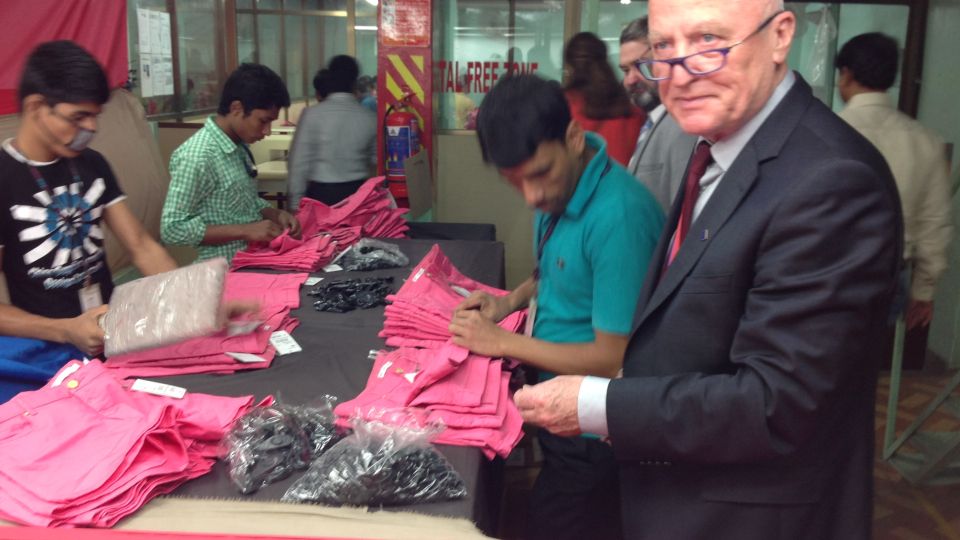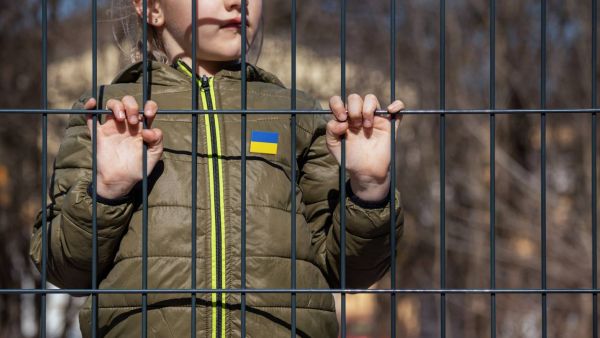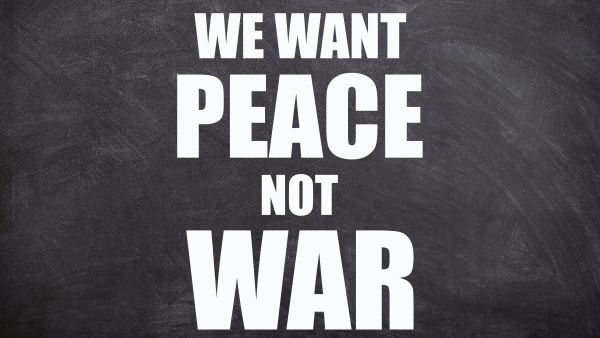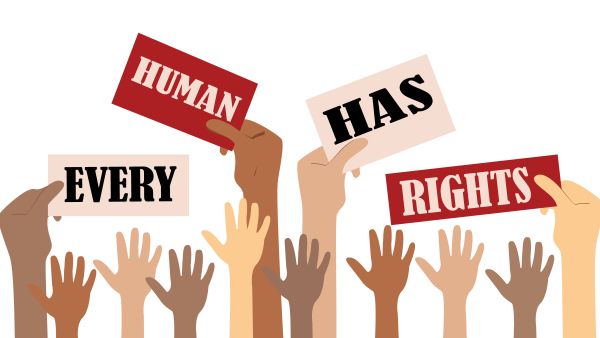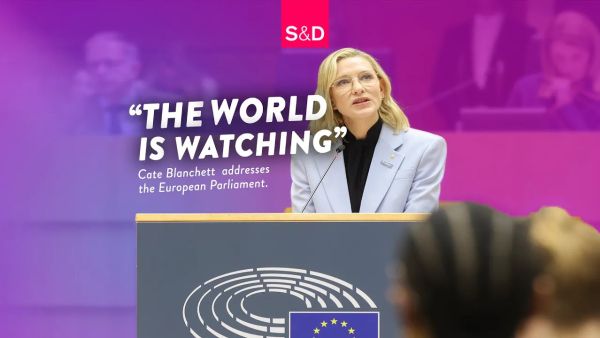A delegation of the subcommittee on human rights from the European Parliament visited Dhaka, Bangladesh from 16 to 20 February 2015; Josef Weidenholzer, S&D coordinator for the sub-committee on human rights and urgencies, was part of the delegation.
Bangladesh is very well known for its ready-made garment sector and one of the objectives of the delegation was to examine whether conditions for workers have improved in line with the Bangladesh EU ILO (International Labour Organisation) sustainability compact agreed in July 2013 following the 24 April 2013 Rama Plaza factory disaster.
Members of the delegation visited a medium sized RMG (ready-made garment) factory and established that whilst there has been an improvement in the implementation of safety conditions as well as in the working conditions of labourers, more possibilities for collective bargaining should be opened. The delegation also visited several children's education projects financed by EU funds.
S&D MEP Josef Weidenholzer said:
“Bangladesh is on track towards progress but it is now time for labour law to be implemented as promised by the Government. Education should remain a key priority as it paves the way towards democracy and social welfare.
“We also met with NGOs dealing with child labour - notably in the shipbuilding recycling industry – and freedom of expression. We also had meetings with trade unionists, women, minorities and indigenous people.
“The delegation held separate meetings with Mr. Shahriar Alam, Minister of State for Foreign Affairs; Mr Anisul Haque, Minister of Law Justice and Parliamentary Affairs; Dr. Mizanur Rahman, Chairman of the National Human Rights Commission and its members; the Speaker of Parliament, Ms. Shirin Sharmin Chaudhury; Khaleda Zia, the Leader of BNP (Bangladesh Nationalist Party) - the main opposition party - and Sayed Ashraful Islam, Secretary of the Awami League.
“We raise a clear appeal for dialogue between the two main political parties as the crises initiated in January, one year after the elections, is generating an increase in violence with very clear human rights violations and economic consequences on the population. The international community is ready to help in the mediation process."
Josef Weidenholzer has already contacted the EU Special Representative for Human Rights, Stavros Lambrinidis, to ask for engagement with the Bangladeshi authorities and will propose that the Human Rights Subcommittee of the European Parliament drafts an initiative report on land-grabbing which is a challenging issue in the context of the Chittagong Hill Tracts Peace Accord.

